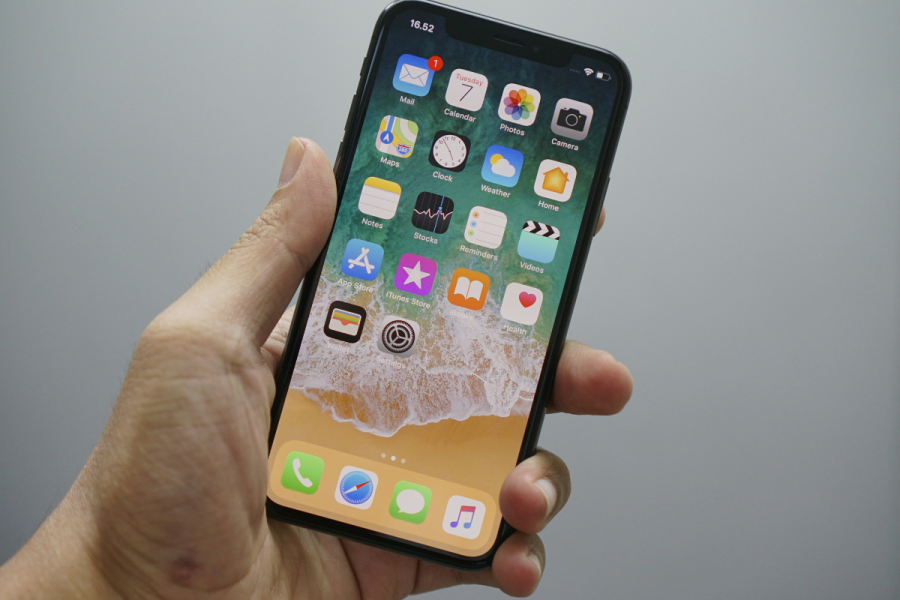Rhomobile, makers of an open source Ruby-based framework for building mobile applications for major smartphone operating systems, recently launched the latest version of their toolkit, Rhodes 3.0. The updated framework has added support for NFC (near field communications), the backbone for the upcoming mobile wallet systems and more. Rhodes is also the first framework outside of Microsoft’s official channels to support Windows Phone 7.

Rhodes Adds Support for NFC
According to Rhomobile founder and CEO, Adam Blum, support for NFC is limited to Android for now, but as other platforms add support for NFC, Rhodes 3.0 will expand to support the additional operating systems. This includes Nokia’s upcoming Windows Phone devices, which are expected to be the first Windows Phone devices to support NFC. The addition of Windows Phone to the lineup of NFC-enabled phones is important because that would then leave Apple’s iPhone/iOS as the last of the top four major platforms (Android, iPhone, RIM, Nokia/Windows Phone) without support for NFC. (Note: Android’s OS supports NFC and some BlackBerry phones will include NFC capabilities at launch later this year).
The company says it’s “very excited” about the possibilities provided by Near Field Communication, and sees it as “the single most important innovation in mobility since the creation of the modern smartphone as exemplified by the first iPhone.”
To put it mildly!
In Rhodes 3.0, the support for NFC is read/write, meaning that devices can both read information from NFC tags and write information to them. And it will work across the diversity of NFC-enabled platforms and devices through its unified API.
Windows Phone Support & More
The other major update to Rhodes 3.0 is the added support for Windows Phone 7, Microsoft’s new mobile operating system. Rhodes is the first third-party framework to support this platform. To do so, it provides a way to write native Windows Phone 7 code using HTML5 for interfaces (Views in the Rhodes Model-View-Controller pattern).
This addition will make it easy for developers to write for Windows Phone, whether they’re interested in cross-platform code-sharing or not.
Also new to the Rhodes 3.0 toolkit is an update to the RhoStudio, the Integrated Development Environment for Rhodes, which now allows for the ability to change the code on the fly and have the app changed too, without a full rebuild. And it has introduced RhoSimulator, a tool for device independent emulation without installing the underlying OS SDK.
Interested developers can grab the latest copy of Rhodes and other tools from here.






